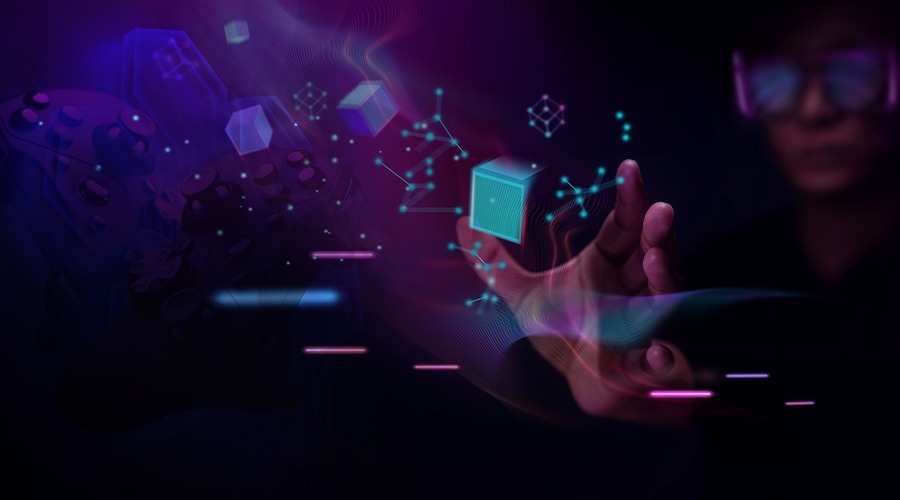The gaming industry has been
continuously evolving, and with the advent of Web3 and blockchain technology,
it is set to undergo a profound transformation in the way games are developed,
played, and monetized. Web3, an emerging decentralized internet paradigm, is poised
to disrupt traditional game monetization models, empowering players and
developers alike with new opportunities and economic incentives. In this
article, we delve into the potential of Web3 and its impact on game
monetization, exploring how this revolutionary technology can reshape the
gaming landscape for the better.
Web3 represents the next phase
of internet development, building on the principles of decentralization and
user ownership. Unlike the traditional Web2, which relies on centralized
platforms and data silos, Web3 leverages blockchain technology to create a
decentralized, peer-to-peer internet ecosystem. Smart contracts, the backbone
of Web3, enable self-executing agreements and programmable assets, fostering trust,
transparency, and verifiability.
Game Monetization in Web3: A
Paradigm Shift
The gaming industry has long
relied on conventional monetization methods, such as pay-to-play, in-game
purchases, and advertising. However, these models often lead to imbalances in
the player-developer relationship, with players feeling at the mercy of game
studios and developers striving to maximize revenue at the expense of player
satisfaction.
Web3 presents a paradigm shift
in game monetization, offering novel ways to foster a more equitable and
rewarding gaming economy.
Here are the 4 key elements of Web3 game monetization:
- Player
ownership and asset interoperability: In Web3 games, players have true
ownership of in-game assets as they are represented as non-fungible tokens
(NFTs) on the blockchain. This concept grants players the freedom to buy, sell,
and trade their assets both within and outside the game ecosystem. Such
interoperability increases the value and rarity of unique items, allowing
players to earn real-world value from their gaming achievements. - Play-to-Earn
(P2E) gaming: Web3 introduces the revolutionary concept of play-to-earn gaming,
where players can earn cryptocurrencies or NFTs by participating in gameplay or
contributing to the game’s ecosystem. This model disrupts the traditional
developer-centric monetization and creates an incentive for players to actively
engage in the game. - Decentralized
Autonomous Organizations (DAOs): Web3 allows for the creation of…
























